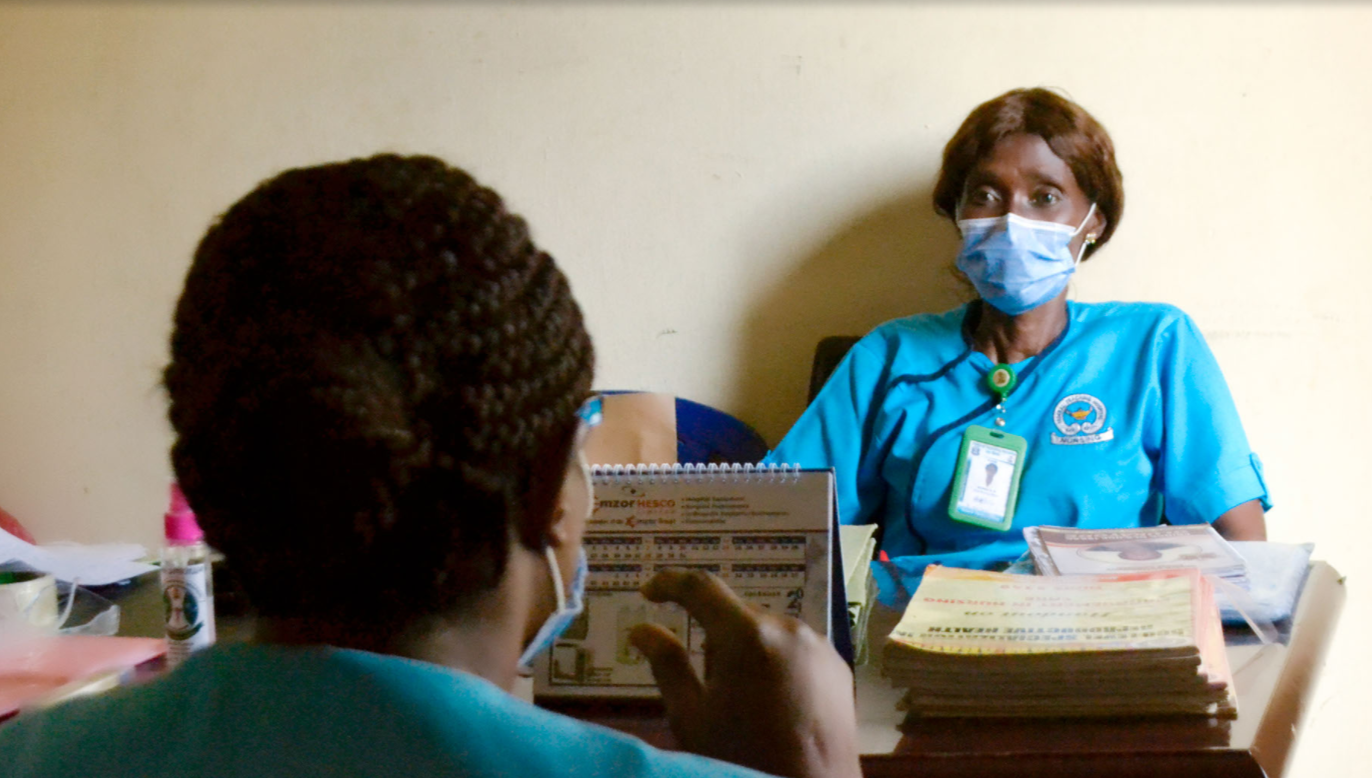
Tag: Voices from the field

Ensuring treatment access among people living with HIV in Burkina Faso during the COVID-19 pandemic: A frontline provider’s perspective
“You have to love what you do”: Reflections from a peer navigator in Burkina Faso
Mitigating the impact of COVID-19 on key-population-focused HIV programs
Promoting an inclusive Nepal
Collaboration is key: Kenya addresses issues of service access, discrimination, and violence among key populations
Local partner profile: House of our Pride, Eswatini’s first LGBTQ organization

How an HIV program in Angola went online, against all odds
"The work is hardest at the beginning"

